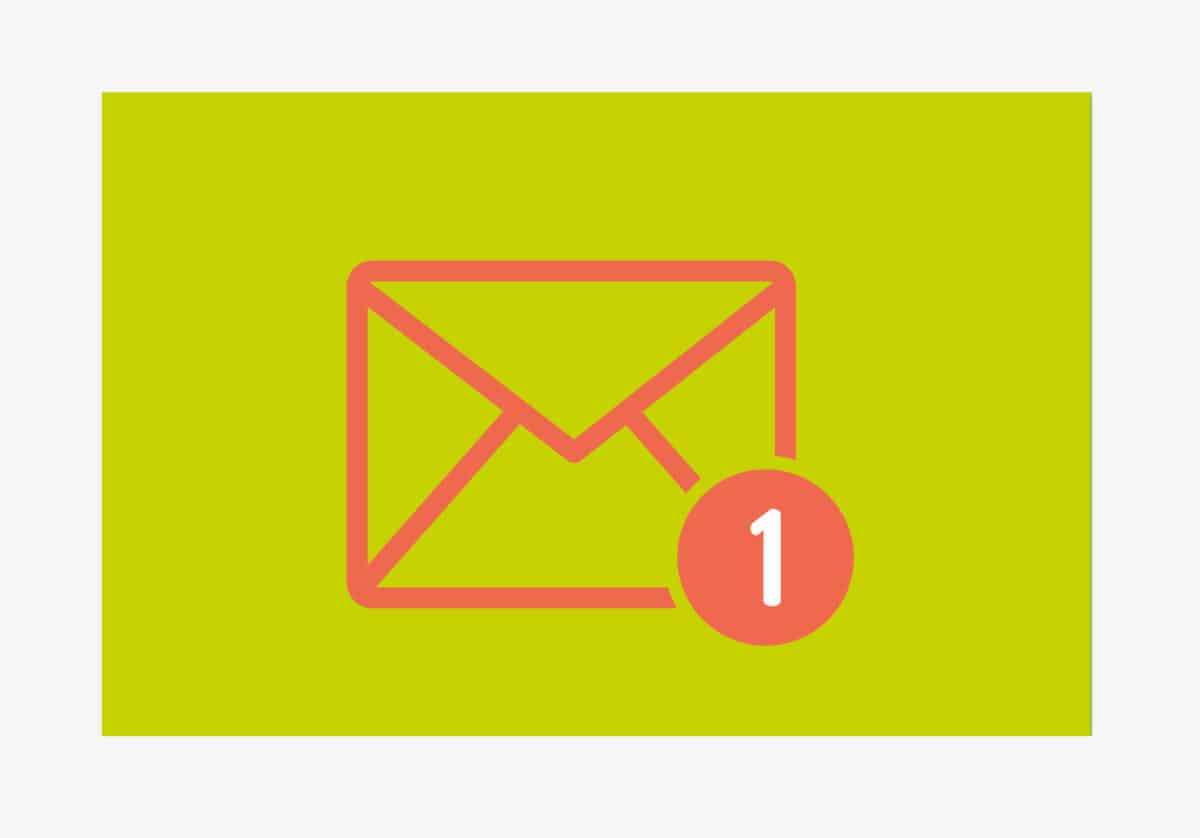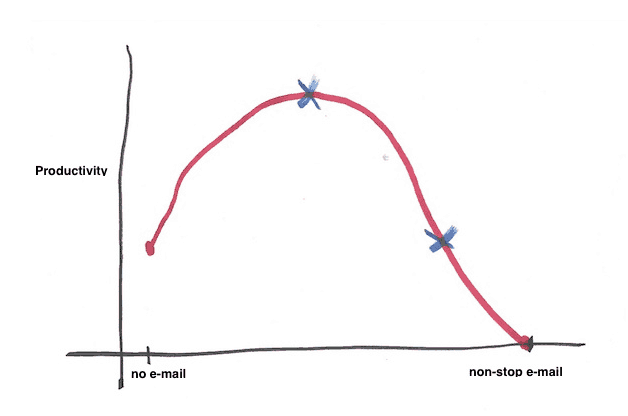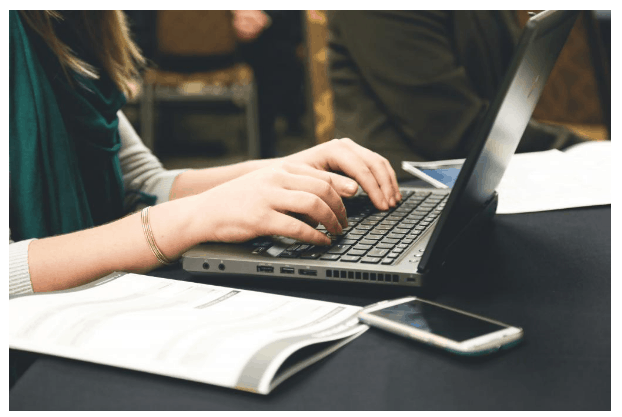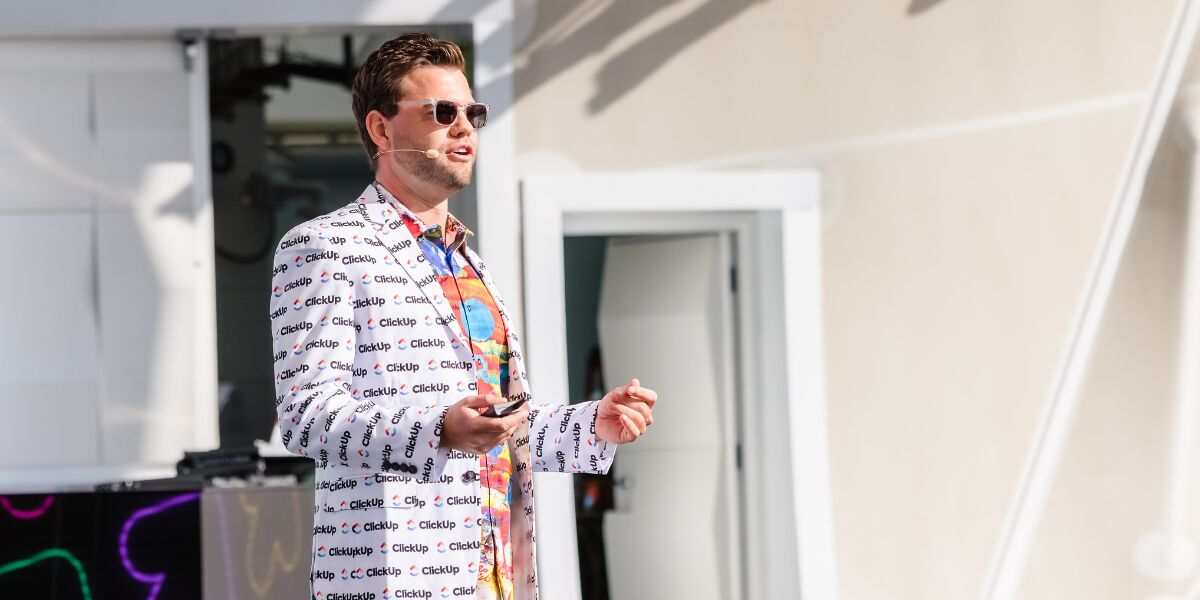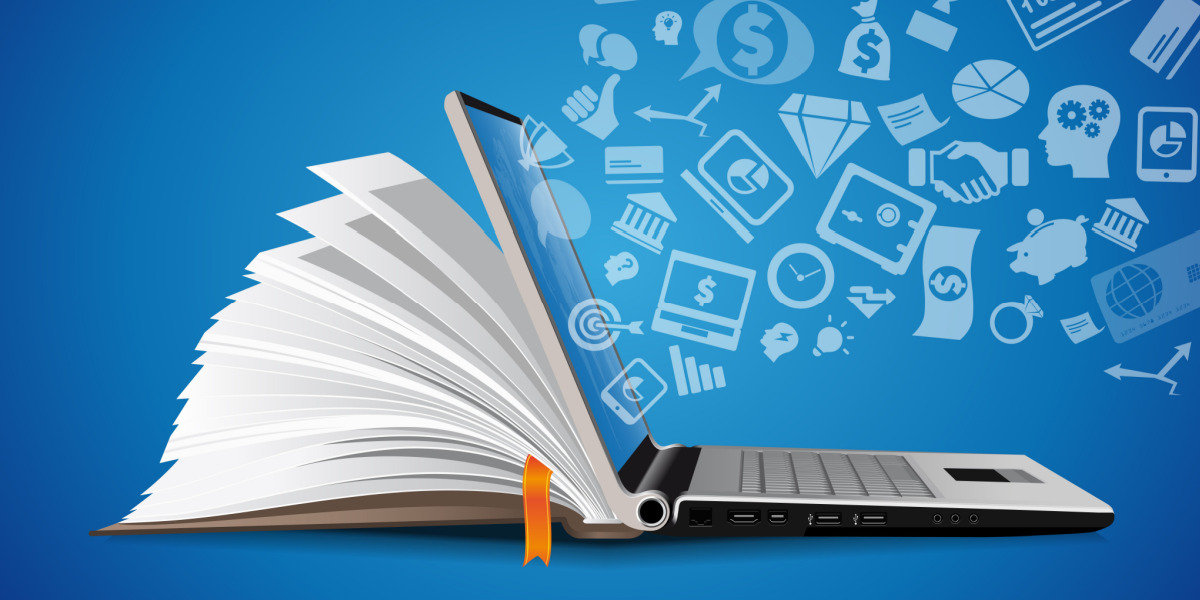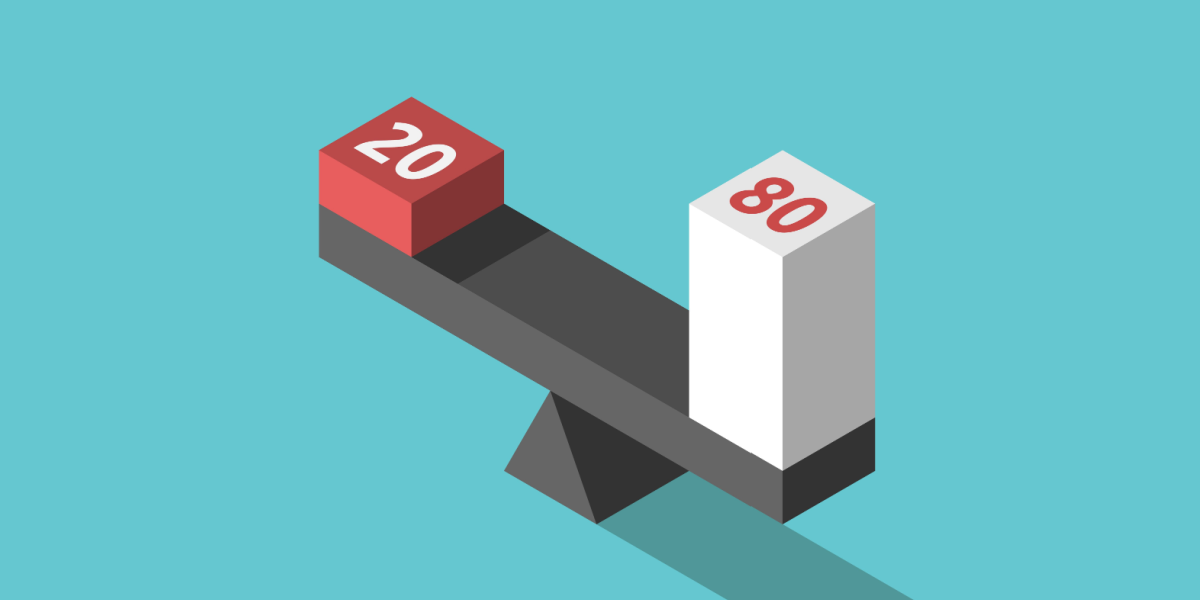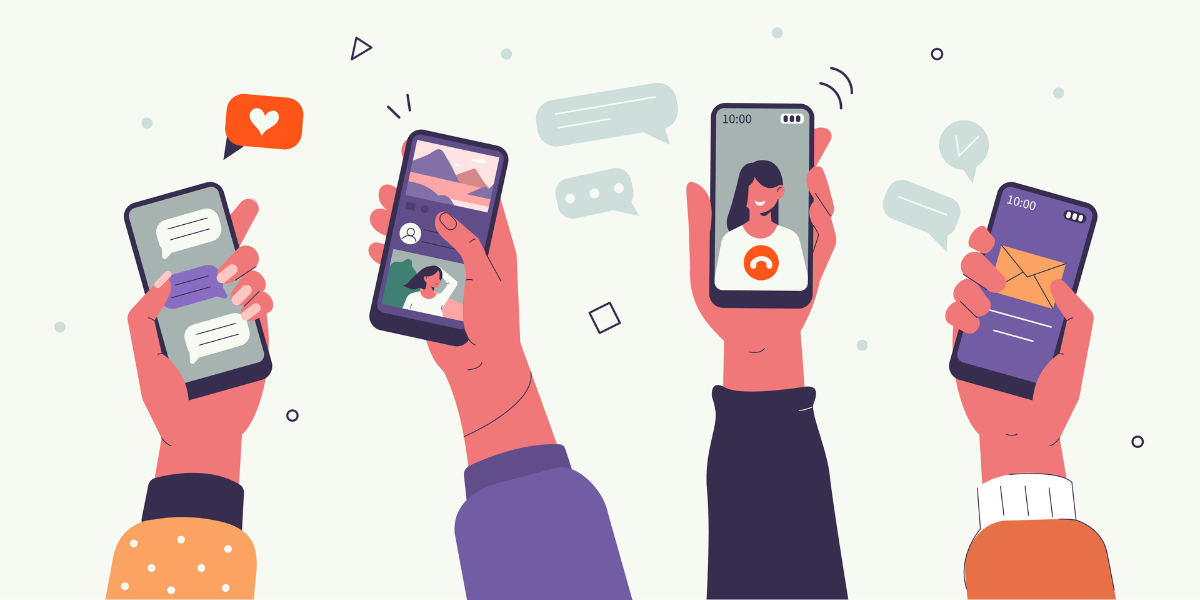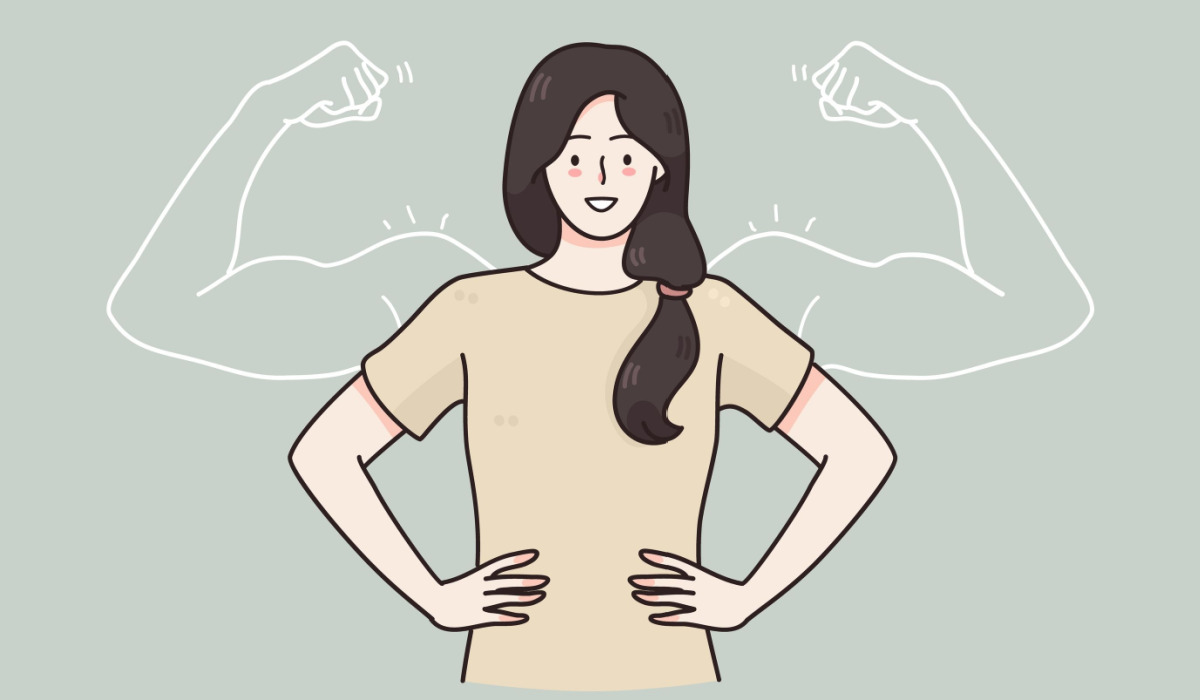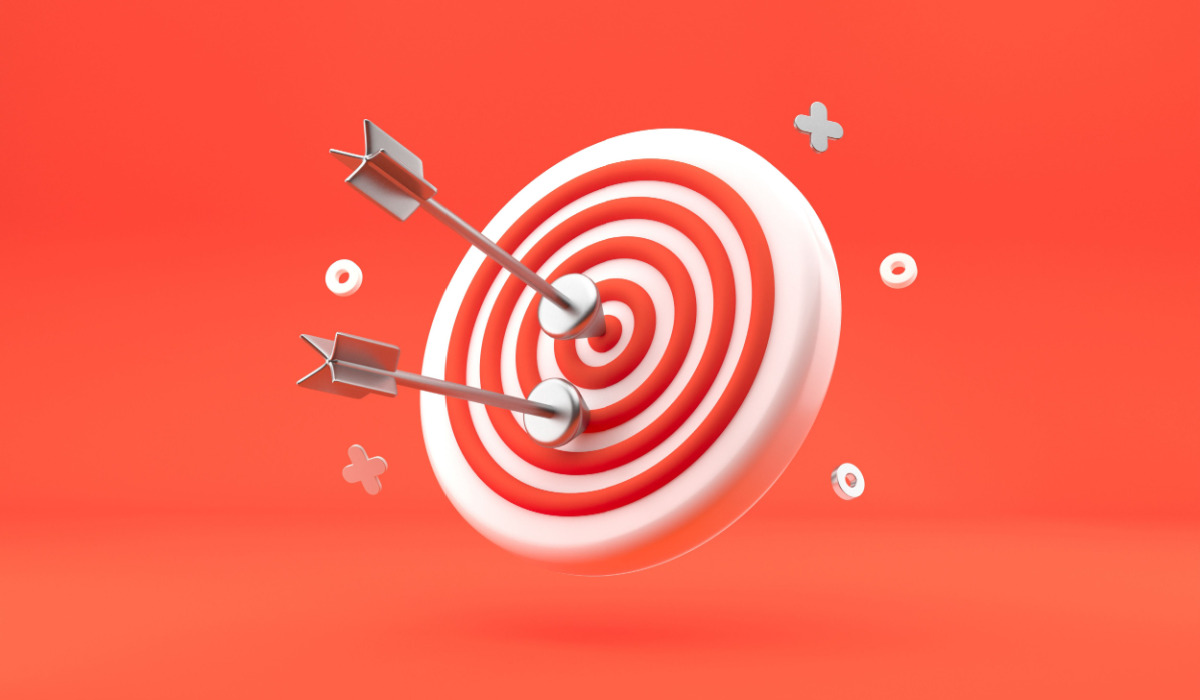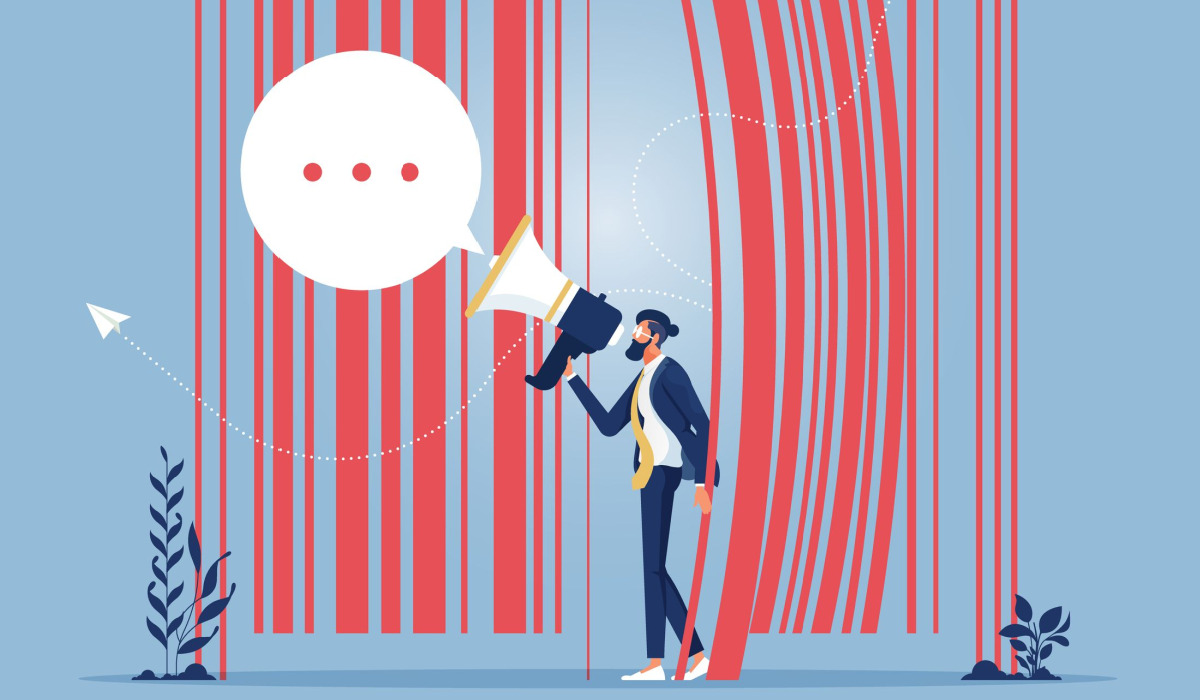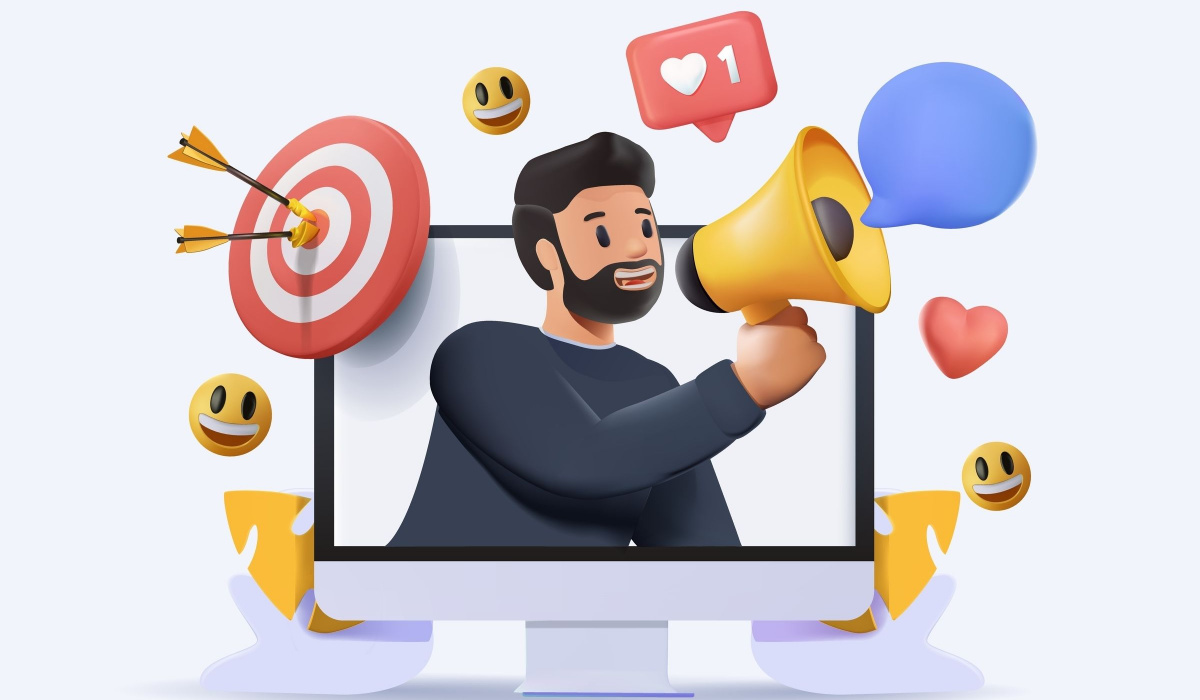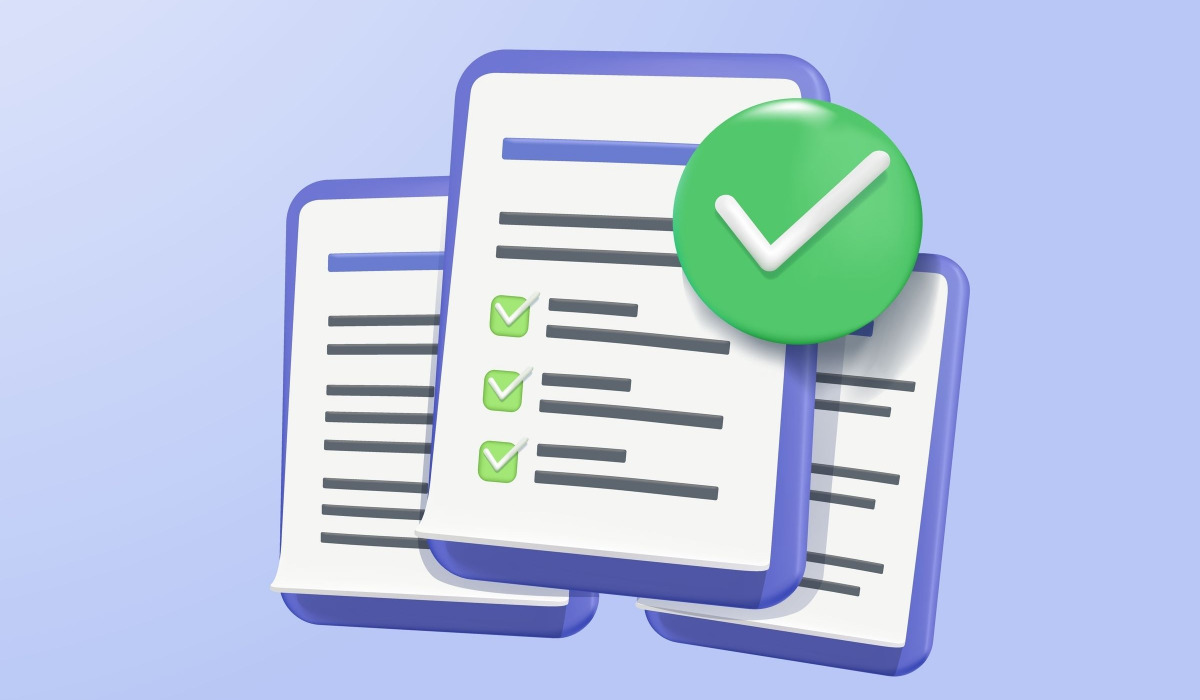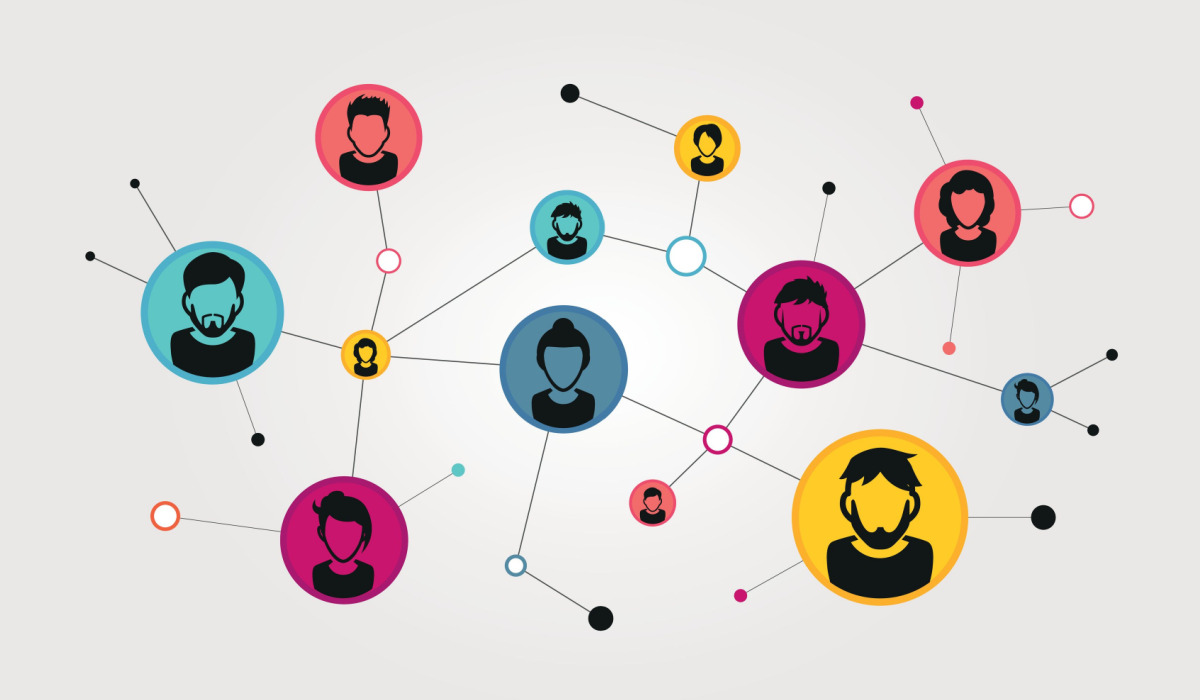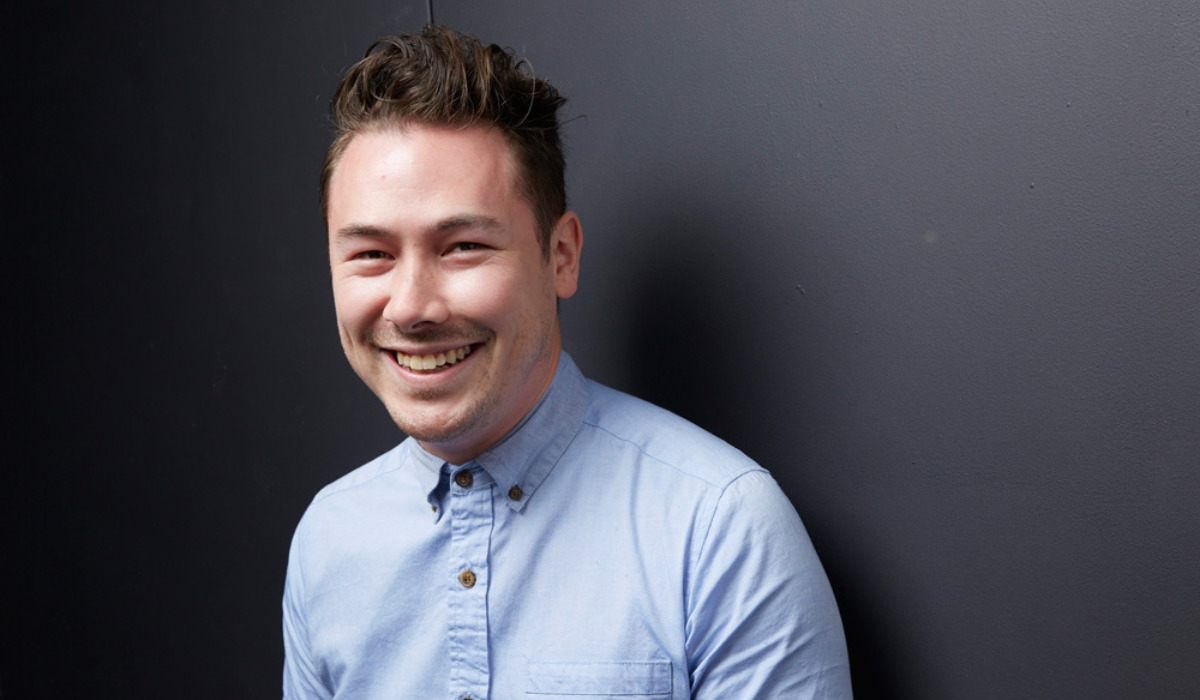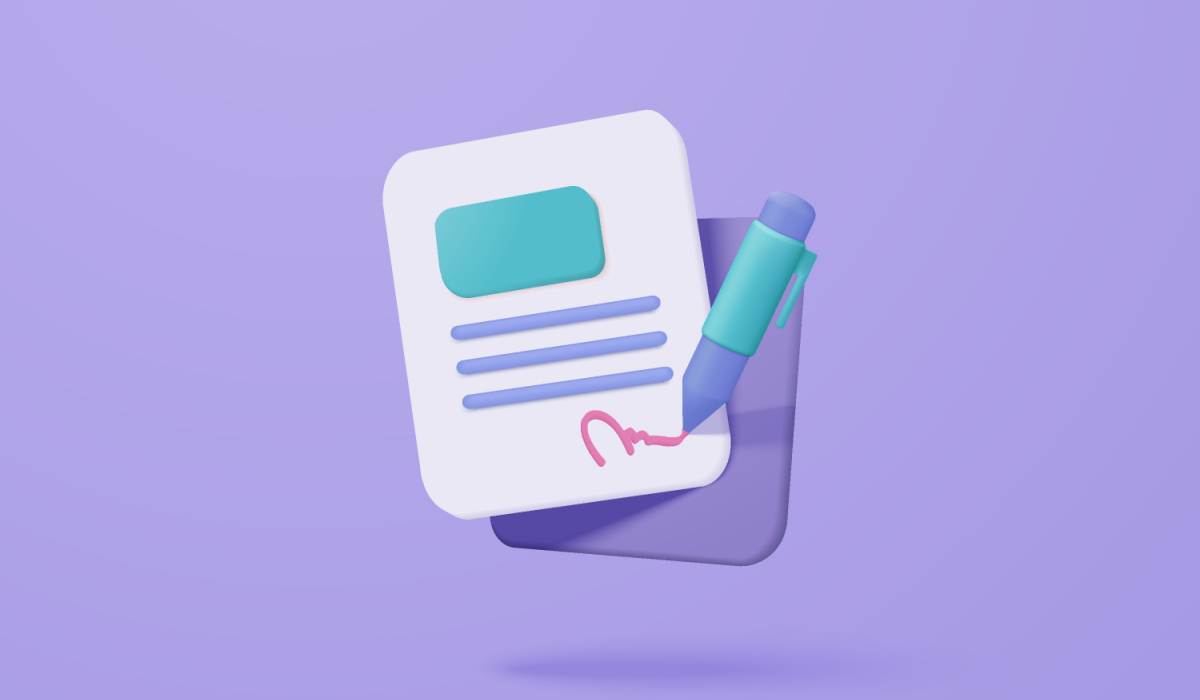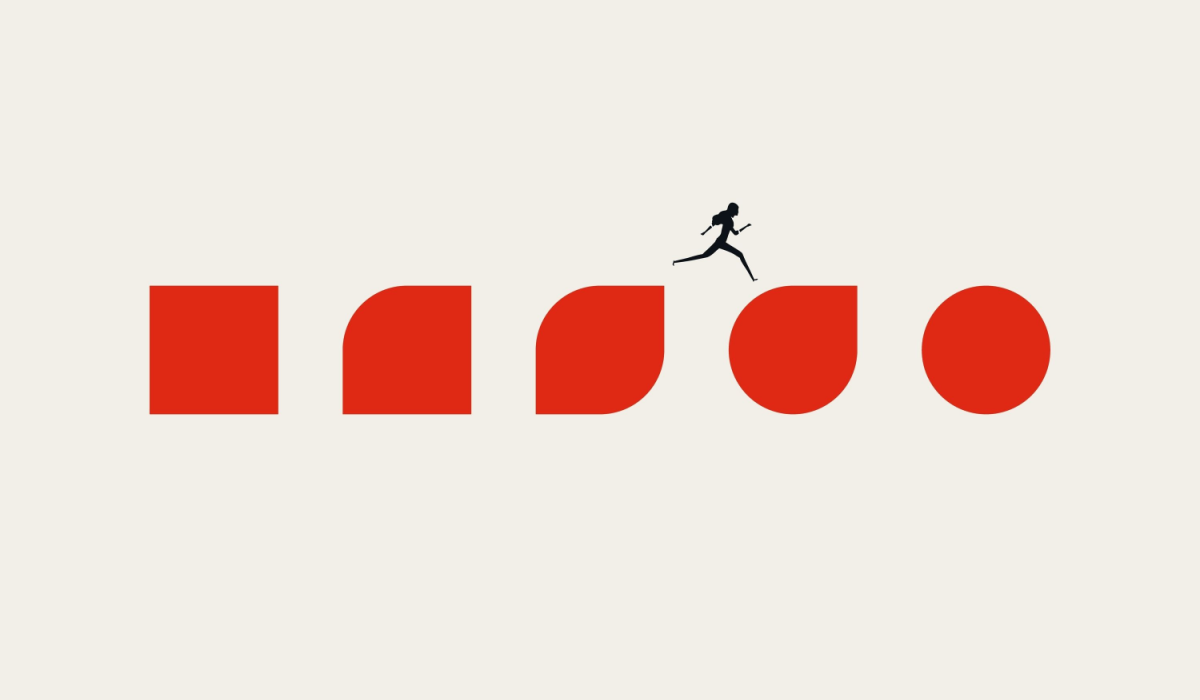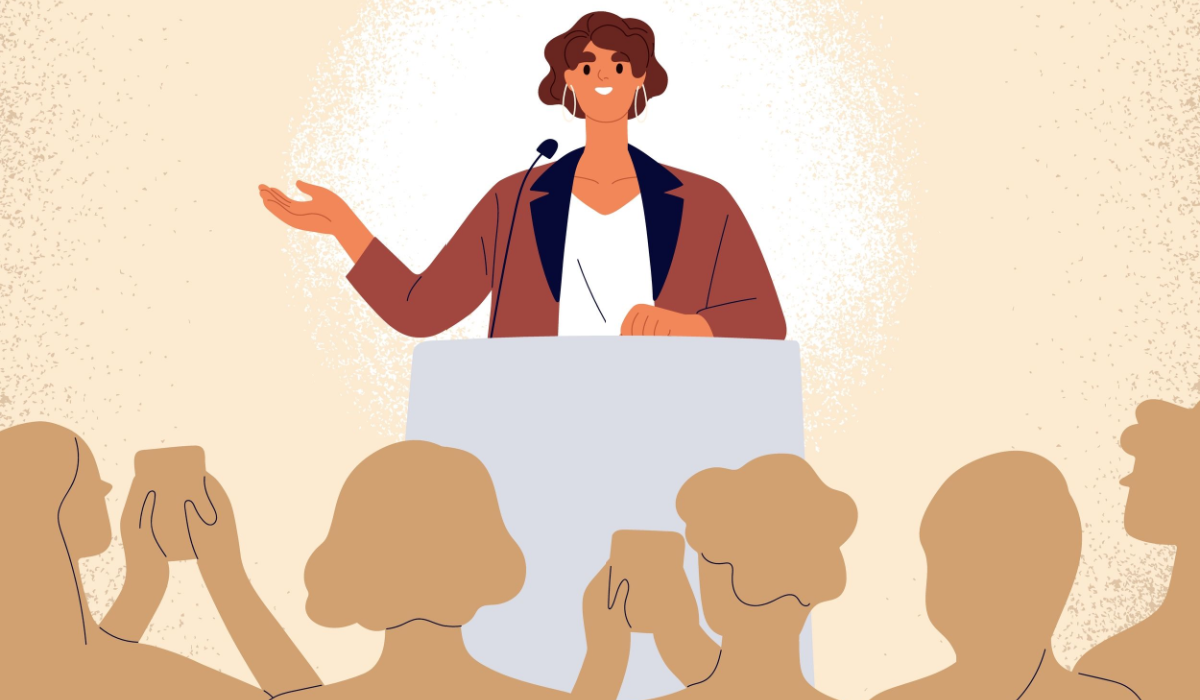Email is a blessing and a curse. Almost anyone who relies on email daily will tell you this.
Like social media, it’s a modern-day convenience that we’d be disappointed to lose—in fact, some of us rely so heavily on email that our work would be crippled without this all-important tool. In a Pew Research survey, online workers ranked email as their most productive tool. It even beat out the internet and phone.
And yet, we’re constantly complaining about how much email we receive, and how draining it is to deal with the flood of missives in our inboxes. Learning how to deal with email becomes a challenge in and of itself!
As computer science professor and author Cal Newport explains, these conflicted feelings about email are likely due to the way it impacts productivity. He explains with the following diagram how email can affect organizations:
Image credit: Cal Newport
Newport points out that we got work done before email, and could certainly do it again if we had to. His graph starts well above zero for productivity, even with no email use. But as email use increases, so does productivity—after all, it is a fast and convenient way to communicate with others.
It’s only after a certain point, shown with the first blue X on Newport’s graph, that more email use starts to correlate to lower productivity. He explains:
Eventually we will arrive at a theoretical maximum point on the x-axis where all workers ever do is check and send e-mails. At this point, no time is left for any actual work, so productivity would be zero.
Newport suggests looking for an optimal balance. Email can help us be more productive, but if we let it get out of hand it can also take up all our time and energy. So how do we walk this inbox tightrope to maximize our productivity?
Let’s look at how some of the world’s most successful people find the right balance with their email habits.
Switch off at night and on weekends
TV producer and writer Shonda Rhimes (Grey’s Anatomy, Scandal) doesn’t check email after 7 p.m. In fact, she includes this statement in the bottom of all her emails:
I don’t read work e-mails after 7 pm or on weekends, and if you work for me, may I suggest you put down your phone?
Although Rhimes reportedly receives over 2,500 work emails every day, she says, “since turning off my phone at 7 pm there’s never been a thing so urgent that I regretted having my phone off.”
For Rhimes, it’s important to draw boundaries at the end of the work day: “Work will happen 24 hours a day, 365 days of the year, if you let it.”
Stacy London, style expert and host of the TV show Love, Lust or Run says she reads email at least 10 times a day. But she also says she tries to avoid email on the weekends altogether.
Nina Garcia, Marie Claire’s creative director, aims for a cut-off point each day like Shonda Rhimes: “My goal is to keep an empty inbox, so by noon I will bring my unread email count to zero and then [try] to do the same by 6 p.m.”
Do what’s right for you
For some people, spending limited time on email works. For others, not using email at all is even better.
According to Washington Post columnist Catherine Rampell, a surprising number of U.S. senators rarely use email. That list includes Lindsey Graham, John McCain, Pat Roberts, Richard Shelby, Orrin Hatch, and Chuck Schumer.
But Cal Newport explains why these senators shouldn’t be shamed into using email as much as other people do: “Not all digital tools are useful to all people. To force everyone to use everything, or be deemed out of touch, will make many people worse at what they do.”
Newport suggests that while these senators’ staffs may need to use email, the senators themselves don’t necessarily. “To be a member of the world’s greatest deliberative body means that you may be better off spending your time actually deliberating than checking your BlackBerry.”
But it’s not just senior lawmakers. Director Christopher Nolan doesn’t even have an email address. “I’ve never used email because I don’t find it would help me with anything I’m doing,” he said in a Hollywood Reporter interview.
Not all of us have the opportunity to avoid email entirely. But this comment says a lot more than the fact that Nolan doesn’t use email: it shows that email isn’t necessary to produce meaningful work. At least, not for everyone.
In Newport’s analysis of senators’ email use, he goes on to make the point that just because many of us rely heavily on internet-based tools like email doesn’t mean they’re integral for everyone:
My argument on this point has been consistent over the years: we need to take Internet technologies off a pedestal. They’re simply tools, like a wheat combine or an architect’s t-square.
For some people, they’re indispensable. For others, they don’t matter.
Newport says it’s more important to ask yourself whether you’re creating value in the world than it is to focus on what tools you use to do so.
Focus first on meaningful work
While email can sometimes seem impossible to extract yourself from, some successful people have found it’s best to put it off until you’ve completed some of your most important work for the day.
Renée Rouleau, celebrity aesthetician and skin care expert, tries to put meaningful work ahead of email most days:
Before I go to bed most nights, I choose one project that I will complete in the morning BEFORE checking my email. This starts my day off feeling like I’ve accomplished something.
At Treehouse, an online education company where employees work only four days per week for much of the year, internal communication is done using forums instead of email. For CEO Ryan Carson, lessening employees’ reliance on email is about helping them do more work that matters:
That’s the key. Do what’s important for you. Then, when you have time, respond to things. I’ve definitely worked in environments where all I did was e-mail. Now, internally, there’s almost zero. That’s a huge, huge win for the company.
Treehouse investor Chamath Palihapitiya says having a four-day week and untethering employees from email are both good for the company:
The most forward thinking and successful companies are realizing that giving employees more time to be creative and connected to other things besides their job creates a better and more productive employee.
Don’t read email during family time
It’s nice to know that some of the world’s most successful people have the same struggles we do—not looking at their phones during family time, for instance. We’ve all done it, and we’ve all thought we should do it less.
Anne Fulenwider, editor-in-chief of Marie Claire, says this is her “one hard-and-fast rule: No email when I’m with my kids.”
For Arianna Huffington, co-founder and editor-in-chief of The Huffington Post, it hasn’t always been that easy:
The last time my mother got angry with me was before she died, when she saw me reading my email and talking to my children at the same time. She was not a woman prone to anger, but she was definitely not happy with what she saw and let me know it.
Since then, Huffington says she’s reevaluated her relationship with email. Her personal rules for email now include half an hour before bed of reading real books instead of emails, not reading email first thing in the morning, and “no email while talking to my children.”
Everyone has their own approach to email. But if you’re drowning in your inbox and struggling to get real work done, try taking a tip from these pros.
Set a cut-off time at night or take weekends off entirely from email (or both, if you can manage it). Make a rule not to check your inbox when spending time with family and friends. Make meaningful work a higher priority than responding to emails.
And most importantly, find what works for you.
Got any killer email tips we missed? Share away in the comments!
